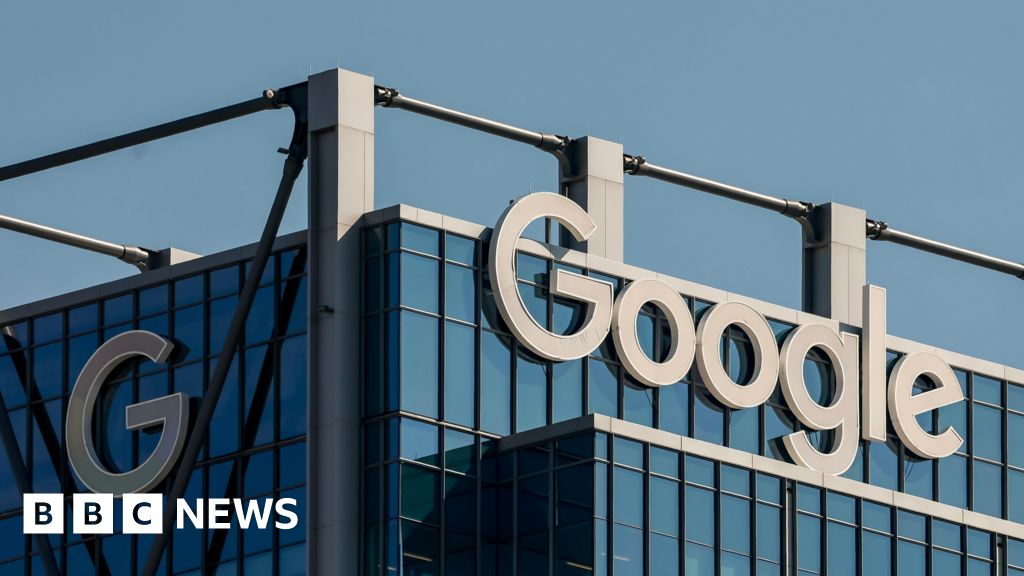During last year’s trial, Google said it dominated online search because it had a better product.
And the company is seemingly deploying a similar defence in the ad tech case.
When asked for a statement, it referred the BBC to its 2023 blog post, in which it states that “no-one is forced to use our advertising technologies – they choose to use them because they’re effective.”
Judge Mehta held a status conference on Friday as he begins the process of deciding on remedies for Google’s conduct.
“The DoJ clearly had a big win, and they’re going to ride that momentum,” Dan Ives, managing director at Wedbush Securities, told the BBC.
He said he expects those remedies to involve “business model tweaks, not a breakup” of the company.
Meanwhile, in Justice Brinkema’s courtroom, the arcane process that governs advertising technology could make the DoJ’s attempts to prove its case an uphill climb.
“We all use search. We all intuitively understand that product,” said Rebecca Haw Allensworth, an antitrust professor at Vanderbilt University Law School.
By comparison, advertising technology is “so complex that I think that’s going to be a real challenge for the government to make a clear, simple monopolisation argument here.”
The US is not the only country where regulators are unhappy with Google’s ad tech business.
On Friday, the UK Competition and Markets Authority said it believed Google was abusing its dominance in the ad tech industry, according to the findings of its initial investigation.
It said it found that Google used anti-competitive practices to dominate the market for online advertising technology – and the potentially unlawful behaviour could be harming thousands of UK publishers and advertisers.
A Google representative said the decision was based on a “flawed” understanding of the ad tech sector.
Credit: Source link











